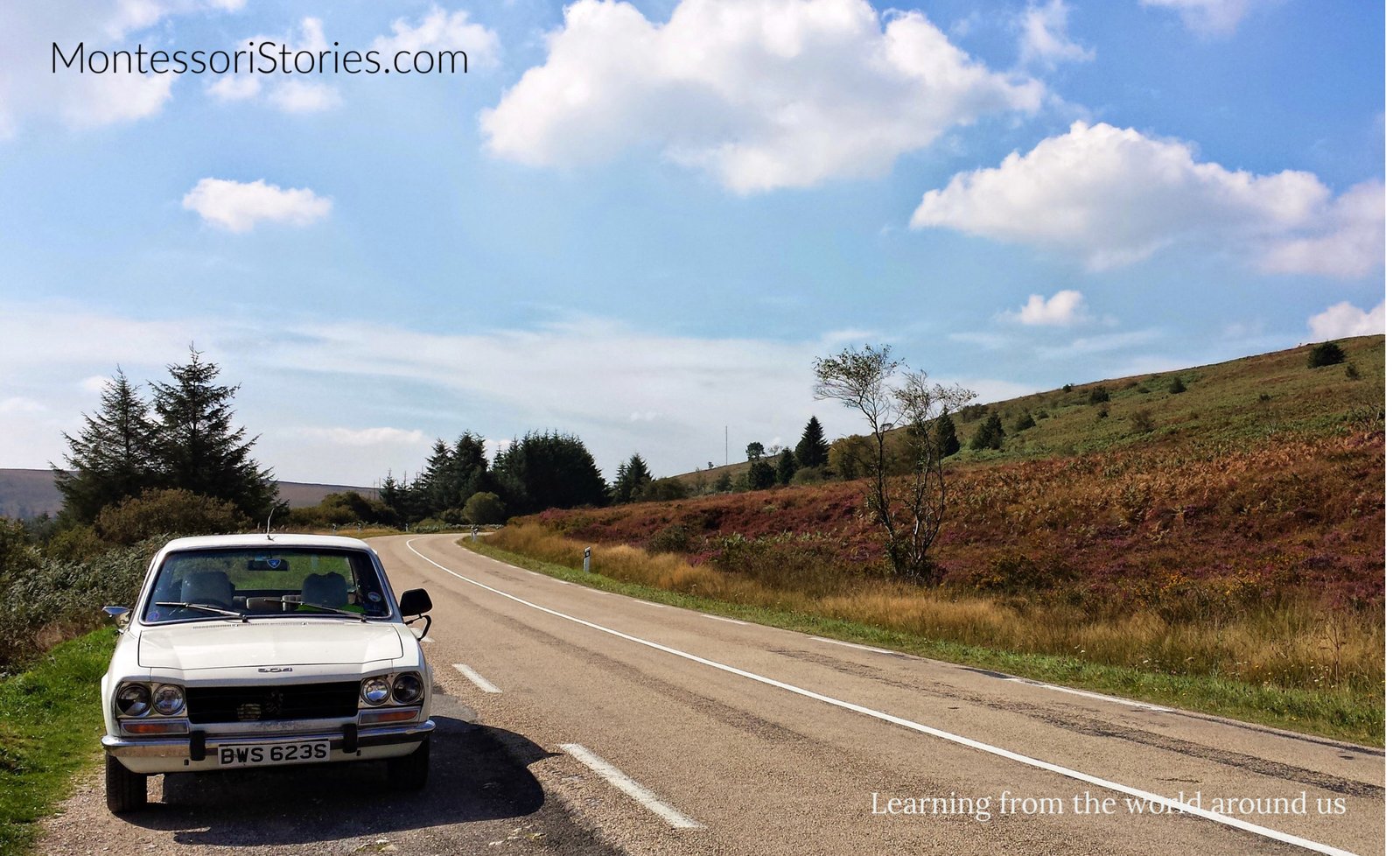
Montessori Homeschooling – A Way of Life
Montessori homeschooling can be overwhelming. Not only do we face the usual challenges of a homeschooling family, but we also have a comprehensive curriculum to deliver along the way. At first sight, it’s easy to give up and move on because common belief suggests that you need specific materials, and to a degree that is true, but Montessori is primarily about mindset. Teaching kindness, compassion and self-awareness are equally as important as academic skills, and following the child is key.
In the early years (0-6) the emphasis is on hands on learning, but this is owing to the nature of the child in this stage of development. As the child moves into the next plane, many shifts occur and this means the way we help them learn must do the same.
Montessori homeschooling presents challenges absent in a classroom, and as a mother with a long-held belief in the life’s work of Maria Montessori, I know the struggles first hand. My personal journey is one which finds me in the upper elementary period of the second plane of development. My daughter was in a Montessori setting at two, and it was only when we started homeschooling that her I found out just how difficult it can be to encompass everything within my home.
Montessori at Home – The Niggle Factor
As children move through the second plane, their focus shifts towards peer relationships and this is something that has always niggled me; if she learns alone with me, is she missing out? I’ve come to the conclusion that yes, it is important to be mindful of this desire, but it is equally necessary to listen to the child. I am a strong believer that we are all different, and whilst you may be an extrovert who loves socialising, I am an introvert who has relished the time I had at home during and since the pandemic.
Finally, at 48 years old I’m comfortable with my introversion, and after reading a book called “Quiet” I’ve decided to trust my daughter’s judgement when she tells me she’s happy at home.
With that said, I do continue to research childhood development and read the works of Maria Montessori; I know that as my daughter reaches adolescence there will be considerable further shifts, and the best gift I can give her is my time and belief.
You see, Montessori homeschooling is much more than a curriculum – it is a way of life, and I believe that my travel writing and art career supports her education even further. Every time we take a day trip, a holiday or even just a walk, it’s an opportunity to learn. We constantly refer to the umbrella of the five great lessons, and how our planet and people are inter-connected… it just works.
Montessori Homeschooling and Going Out
Going out is a key term within Montessori theory, and it describes that which I referred to earlier. Giving children the chance to explore and follow their own senses allows them to develop independence, adapting as they learn.
I have a good example of this. My daughter and I were in France last year, and many times there were chances for her to step out alone. She went to the shop in the morning to buy her baguette where she asked in French, and paid for her goods. I remained in our accommodation while she did this, knowing that the walk to the shop was safe and that we had practiced it together.
The sense of pride she had developed after just one shopping trip alone was lovely to see. The smile from ear to ear, the eagerness to make her own breakfast, and the confidence in her ability to communicate in French made my day. It’s a little thing, but huge in the scale of her development.
Besides gaining new levels of independence, we also have many conversations about what we see and do. A simple walk along the beach leads to discussion about the moon, the tides, the creation of sand and why the seaweed is luminous.
For me, it’s not simply about Montessori materials, the five great lessons or the classroom. It’s about being prepared to follow any line of research. It’s about asking the questions and teaching communication skills so that our children know how to share their understanding.
My point? If we are present, the world shows us the way. If we ask questions and listen, we inevitably learn.
I believe this is the key to Montessori homeschooling.

